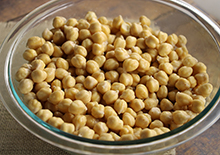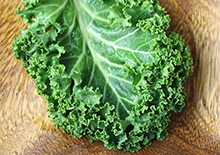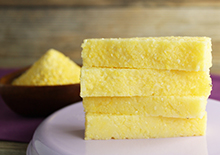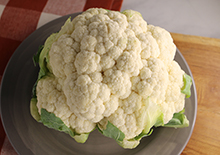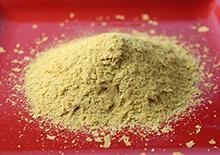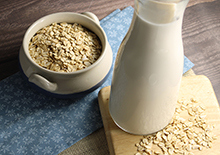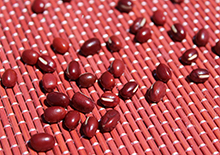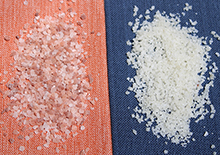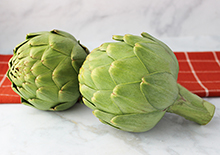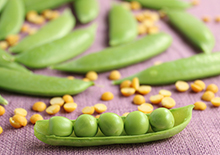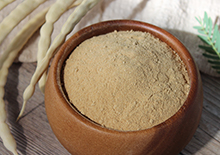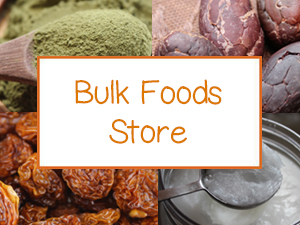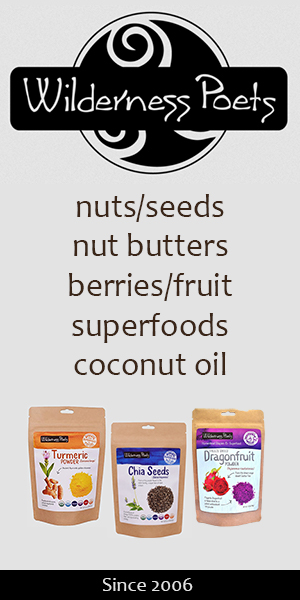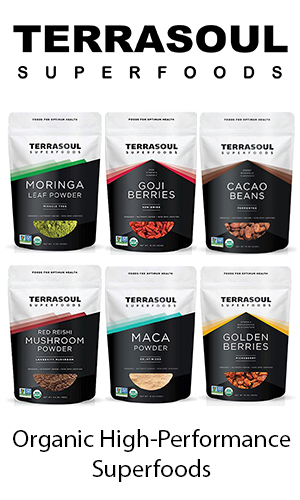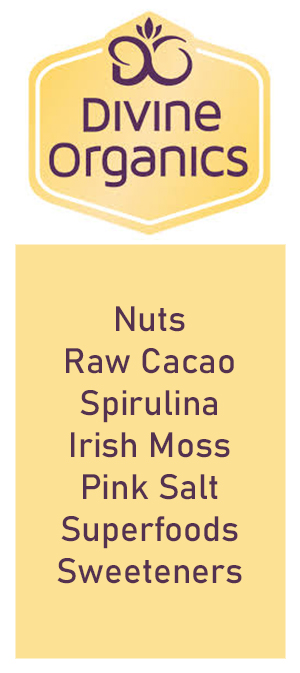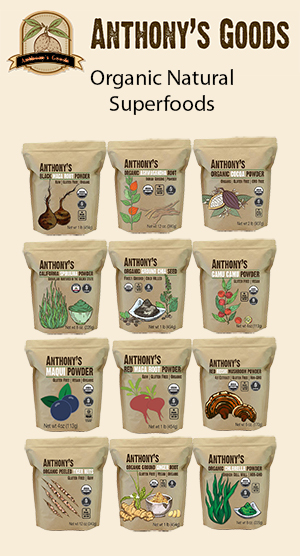- Home
- Plant-Based Cooking
- Dietary Plant Based Lectins
Dietary Plant Based Lectins Explained, Are They Bad?
What are Lectins? | Lectin Food List | Intestinal Permeability | Ways to Reduce | As Anti-Nutrients | Claimed Impacts | Personal Perspective | The Science | Precautions
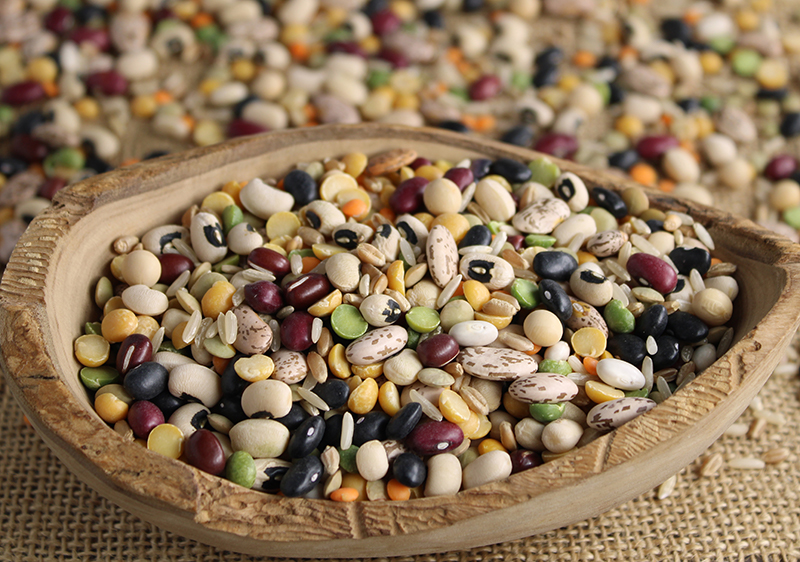
What are lectins? Lectins are types of proteins that bind to carbohydrates. The word LECTIN is derived from the Latin term 'LEGERE' which means "to select" as they are sticky and glue-like.
There are literally hundreds of different lectins found in the botanical world. Their biological function in plants is to repel pests.
Table of Contents
What are Lectins? | Lectin Food List | Intestinal Permeability | Ways to Reduce | As Anti-Nutrients | Claimed Impacts | Personal Perspective | The Science | Precautions
In the human diet, lectins are most prevalent in plant-based foods. While "gluten" is one of the most well-known lectins, turns out there may be others we need to be wary of.
There is great nutritional debate about whether these dietary lectins found in many commonplace staples are foods we should or should not be consuming. Some say they're not a problem while others say they're toxic.
We've done our own independent research on the matter and read "Plant Paradox", the book largely influencing the trend towards a lectin-free diet.
On this page, we'll provide our insight from an alternative health, personal view and scientific perspective.
First, let's discuss which foods are known to be high in lectins and how they are proposed to affect the big issue of "intestinal permeability".

Lectin Food List
Certain RAW plant foods and the livestock animals who eat them are very high in lectin content. Here's the list.
- Legumes - Beans, peas, lentils, soybeans and peanuts are known for their lectin called phytohemagglutinin (or PHA) and are by far the most problematic. Kidney beans are one of the highest sources.
- Whole Grains - This includes brown rice, cereal grains (including corn) as well as some pseudocereals. Gluten-free grains lower in lectins include millet, sorghum, teff and fonio.
- Vegetables - The nightshade family of vegetables are all high in lectins. This includes tomatoes, potatoes, eggplant as well as some fruits like peppers and goji berries. Squash and cucumbers too, especially their skin.
- GMO Foods - Many genetically modified food sources contain new types of lectins unknown to our typical foods. They're used to enhance the resistance of agricultural crops to pests and fungi.
- Meat, Eggs and Dairy - Livestock animals fed soy, corn or lectin-rich foods can be full of them. This means you might be getting them indirectly via meat and dairy intake.
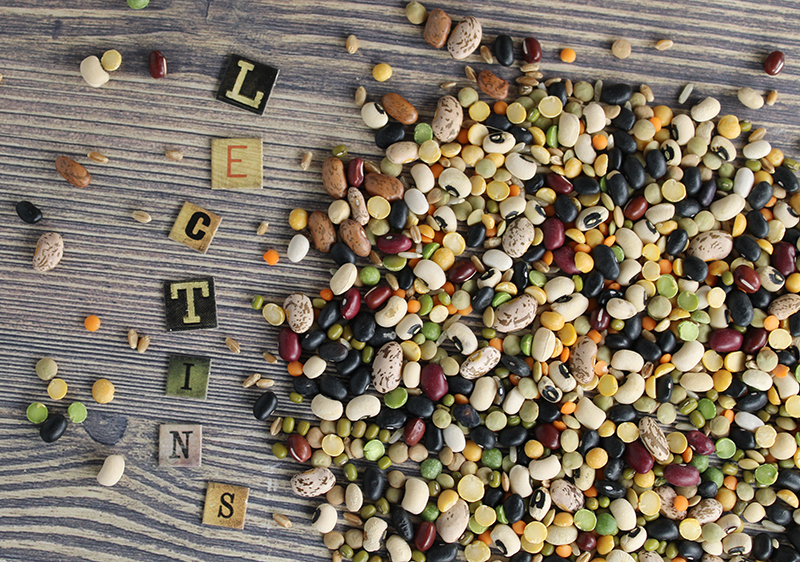
Lectins Explained, About Intestinal Permeability
First, let's get one thing straight. The body doesn't naturally "digest" lectins, they are too large to squeeze through the gut's mucosal layers.
In a normally functioning digestive system, they simply move through unchanged. However, when disorders that influence intestinal permeability exist, lectins can make their way into the body and cause problems.
In a healthy human, the cells or epithelial tissue lining and mucosal layer of the gut provides some permeability to allow smaller-sized nutrients to be absorbed into the bloodstream all the while maintaining a barrier for potentially toxic compounds.
Some people with a weakened digestive capacity, and/or conditions like celiac disease, leaky gut or IBS, can have an abnormally increased intestinal permeability which essentially interferes with these protective functions.
In such instances, lectins are proposed to induce a compound known as zonulin which can pry open the tight junctions in the intestinal epithelium, allowing lectins to enter the blood. (*) At this point, they are considered foreign invaders which in turn activates immune system responses.
Are dietary lectins the primary CAUSE of digestive inflammation or autoimmune conditions? In our opinion, NO. But we feel those who adhere to unhealthy diet and lifestyle practices, often linked with a weak microbiome, are more susceptible to becoming lectin-intolerant.
So, YES, it may be a good idea to keep them out of the diet if this is the case or at least follow a lectin-free protocol when healing from associated health issues.
However, before you decide to stop eating things like lentils, beans, peas and whole-grain rice, there are ways to reduce the amount of food lectins considerably.
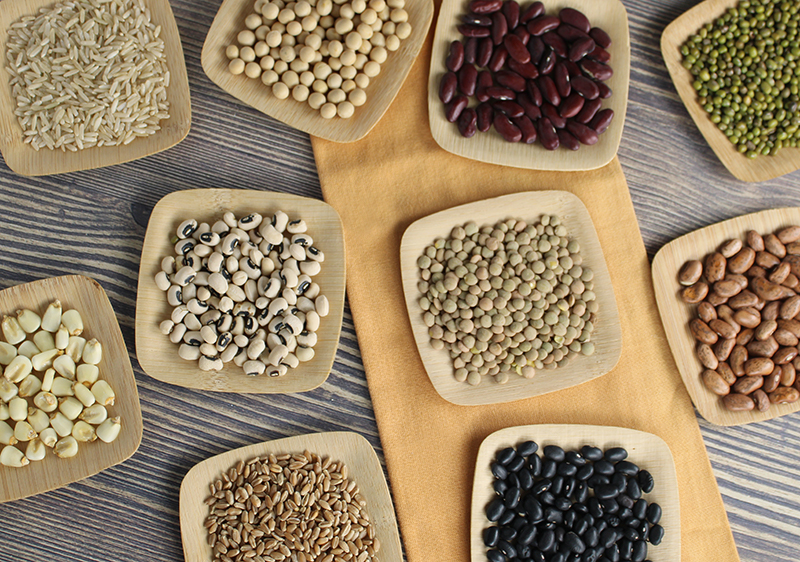
Ways to Reduce Lectins, The Good News
Most all dietary lectins are especially a concern when they are consumed in their RAW state.
Luckily most staple grains, beans and vegetables like potatoes are ALWAYS cooked to make them not only edible but far more palatable.
The following methods can dramatically decrease the lectins found in these commonplace foods.
SOAKING - Lectins are water-soluble. Soaking legumes for a 12-hour period (or overnight) and then thoroughly straining and rinsing them can significantly reduce the lectins present. Grains can also be soaked for a shorter period to achieve the same goal. Legumes like peas, lentils or mung beans typically have fewer lectins than other harder beans, like garbanzos, black beans and pinto beans which, in our opinion, should never be sprouted or eaten in their soaked raw state.
DEHULLING - The skins or hulls of certain bean varieties are especially high in the lectin known as phytohemagglutinin. After soaking them, you may notice the hulls will naturally separate and can be removed with your hands. It is a common practice in Ayurveda to eat white rice for those who have digestive troubles. That's because brown rice, as well as other whole grains, contain the lectin-containing germ or hull.
SPROUTING - Soaking and sprouting grains or seeds can be very beneficial for reducing lectins. This can be employed when bread-making or when making sprouts.
COOKING - Boiling or stewing soaked beans until soft and tender will inactivate most lectins and even the lectin-containing hulls. Straining any liquid after cooking will also help. DO NOT try to slow-cook beans at a lower temperature, however.
FERMENTING - During fermentation, beneficial lactic acid bacteria metabolize many hard-to-digest compounds, including lectins. In addition, most fermented foods involving legumes or grains soak and cook them first. This may include miso and tempeh. Seeds are typically soaked and strained before making seed cheese. While they are not heated, they are cultured which can help to break down lectin content. Sprouted sourdough breads are a low-lectin alternative. Sauerkraut or cultured vegetables using those from the nightshade family can be a source of lectins for those who are digestively sensitive.
Alternative Health and Lectin Anti-Nutrients
In alternative health circles, lectins are often deemed as ANTI-NUTRIENTS that can cause or exacerbate chronic inflammation and certain autoimmune disorders.
One of the first advocates of eating lectin-free foods was naturopathic physician Peter D'Adamo, known for promoting the Blood Type diet.
Today, the book called "The Plant Paradox" by Dr. Steven Gundry is, again, introducing the concept of "dietary lectin exclusion" and its potential usefulness for things like leaky gut as well as obesity.
Gundry, a medical doctor (heart surgeon, cardiologist, and immunologist) who has now shifted his practice to what he calls "restorative medicine", has played a very influential role in making the public aware of his findings on dietary lectin consumption.
After reading "The Plant Paradox", we would say it is obvious that he is genuinely passionate about the subject as well as discussing certain commonly prescribed medications and food toxins he calls "Disrupters", which he believes adds to microbiome weakness.
Dr. Gundry has presumably spent over 15 years using his lectin-free diet plan on thousands of his own patients, achieving positive health results. He makes reference to many specific success stories throughout the book.
We would say it is definitely a worthy read for anyone suffering from acute to chronic digestive issues.
Main Claimed Impacts of Dietary Lectins
1) Weaken Microbiome - Lectins can adversely impact your microbiome or gut flora.
2) Nutritional Deficiencies - Lectins can decrease the absorption of minerals like calcium, zinc, iron and phosphorus.
3) Digestive Disorders - Food high in dietary lectins can cause gas, bloating, nausea, diarrhea, fatigue, aching joints, and even allergic reactions after eating them.
4) Auto-Immune Responses - Dietary lectins can trigger autoimmune responses in those most at risk.
5) Obesity - Lectins, especially in whole grains (and processed foods), can contribute to weight gain and type-2 diabetes.
Our Personal Perspective
One big obvious truth to us is that foods high in lectins are also highly nutritious and full of many beneficial nutrients. For example, cooked beans and whole grains are packed full of FIBER. You simply need to prepare them via proper cooking methods.
We have been eating lectin-rich plant-based foods as a regular part of our diet for well over 30 years. From our own personal experience, we have had no digestive or autoimmune health issues to speak of.
This tells us firsthand that foods high in lectins don't necessarily cause abnormal intestinal permeability and chronic inflammation. We believe that while some people might benefit from dietary exclusion, not ALL people need to.
Keep in mind that we do prepare all legumes by soaking overnight, then thoroughly strain and pressure cook them on high heat settings. We usually soak most whole grains (but not always) and steam until completely cooked.
What Does Science Say About Dietary Lectins?
The question remains, what does the scientific community have to say.
The topic was first addressed in a 2019 review entitled, "Dietary Lectin exclusion: The next big food trend?", offering some criticism towards alternative dietary practitioners that come to conclusions with "no evidence base" from scientifically acknowledged research.
However, the review did go on to report that it has been identified that some lectins may influence gut flora as well as inflammatory and immune functions.
One of the initial studies back in 1999, "Do dietary lectins cause disease?" brought to attention that they can potentially:
Be toxic and/or inflammatory
Be resistant to cooking and digestive enzymes
Are in many commonplace foods
More current research does indicate that dietary lectins can activate inflammatory disorders. Likewise, other science suggests eliminating lectin food sources can decrease autoimmune symptoms in some but not all people.
Precautions:
It is best to exclude dietary plant based lectins from the diet if you have acute or serious digestive disorders. Always seek the nutritional advice of a health professional before consuming lectin-rich foods if you are pregnant, nursing, have a major health condition or are taking any medications.

